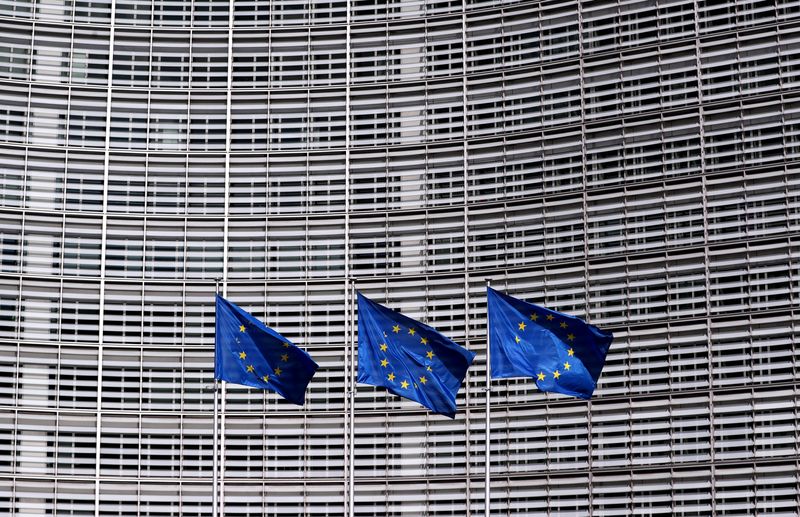(Reuters) - The European Union's law to guarantee a supply of minerals crucial for its green and digital transitions and to end its dependence on Chinese supply will enter force early next year after securing final approval this month.
The Critical Raw Materials Act (CRMA) is designed to ensure Europe is a manufacturing base for electric vehicles, wind turbines and other green goods and reduce its reliance on China for such products and the key minerals they contain.
Under the act, the European Union has identified a list of 34 critical raw materials, which are important for the EU economy and face a risk of disruption, of which 17 are designated "strategic" because of their importance and global demand/supply imbalances.
The strategic materials include base metals aluminium, copper and nickel, along with key battery material lithium and rare earth elements used in permanent magnets for wind turbines or in electric vehicles. The list can be found on page 135 of the final text.
RATIONALE
The CRMA is the result of painful lessons the European Union has learned during the COVID-19 pandemic when supply of essential goods dried up and following Russia's invasion of Ukraine, when Moscow turned off its natural gas taps.
For critical materials, the EU is reliant on China which dominates global processing - such as 90% of all rare earths and 60% for lithium.
The bloc's 'de-risking' strategy aims to reduce dependence on China, which has this year placed restrictions on exports of gallium, germanium and graphite, all on the EU strategic raw materials list.
TARGETS
The CRMA sets targets for the 17 strategic raw materials - the bloc should be mining at least 10% of its annual requirements by 2030, as well as recycling 25% and processing 40% of its needs.
No more than 65% of EU annual needs should come from a single third country.
Project promoters will be able to apply to have their project recognised as "strategic", decided by a board of European Commission and EU member state representatives meeting every three months.
The CRMA does not provide extra money, but does set time frames for strategic projects to secure permits - a maximum 15 months for processing and recycling project and 27 months for mining. This period would not include environmental impact assessments, but would include public consultations needed for such assessments.
EU countries will be required to designate single points of contact to process permit applications, with strategic projects given priority status. They will also have to develop national programmes for exploring geological resources.
Large companies exposed to potential shortages of strategic raw materials in key technologies, such as battery or aircraft producers or those involved in data storage, will have to carry out regular risk assessments.
NET ZERO INDUSTRY ACT
The CRMA was proposed alongside the Net Zero Industry Act (NZIA), in response to the U.S. Inflation Reduction Act, which provides $369 billion of green subsidies and led to EU concerns that businesses will be enticed to relocate to North America.
The NZIA which sets a benchmark for European manufacturers to produce 40% of the EU's annual needs of clean tech products, such as solar and wind power systems, battery storage and fuel cells, by 2030.
Today some 90% of solar panels and wafers come from China.

The act also sets a target of reaching 50 million tonnes of annual storage capacity of carbon dioxide by 2030.
Like the CRMA, the act includes strategic projects, single points of contact in EU countries and streamlined permitting, with maximum time frames of between nine and 18 months.